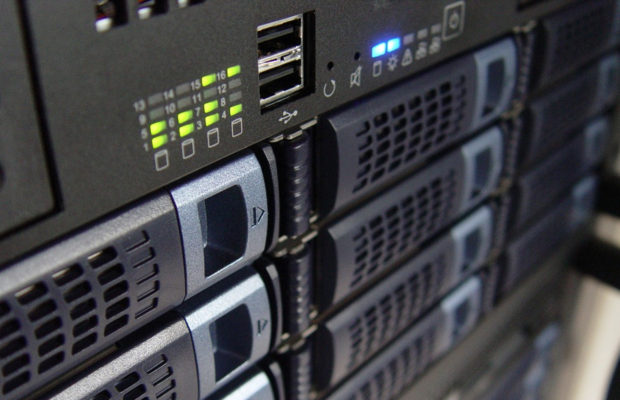You Got Served! Getting The Right Server For Small Business

Small businesses have a wealth of tasks ahead of them, from choosing the right staff to choosing the right machinery, and then right in the middle of those, is getting the right server. Why is this so important? If your business is expanding at such a rate that you need more hands on deck, you need your tech to cope with the demands being put on it i.e. the computer hardware in your working environment. Depending on the size of your business, or your projections for the business expansion over the coming months, investing in a suitable server is something you will want to think about now.
There are many big names that have servers aimed at small businesses, but you need to be sure that you are matching the right server to your type of business. You may need to ask yourself the following:
- Will you or your staff need to connect to the server remotely?
- Will your server be used to back up data?
- Are you buying a server for the purposes of file sharing?
- Is your server going to be used for email mainly?
- How much physical space can you actually make to accommodate the server?
Choosing what your priorities are in your server needs can help you find the right one that is suitable for you so that you can maximize your business needs without spending over the desired amount. Once you have answered these questions, you can opt for a physical one or use a cloud-based one. Both have benefits depending on your business needs, but if you need to cut down on space, then opting for a cloud leased service comes with additional costs. While this can be a strain on a small business, you need to know what you are getting with a service provider. Standard providers can provide file or network security, helping secure reliability, virus management, and centralizing the storage of data. Many companies offer protection against viruses, such as linux security, so there is peace of mind for a fee.
The other option would be to actually build it yourself in-house. While many pre-built servers may still require that you build out the system yourself, so choosing to build one yourself can give you the advantage of tailor-making it to suit your own requirements. You could argue that there is a lower cost in purchasing the pieces yourself, but once the time has been factored in, is it cheaper? You also don’t have support from a manufacturer, but your IT department will be there if you can spare them.
In buying the right server there are some things to bear in mind:
- Set a budget and make sure you stick to it.
- Choose leading vendors in that specific type of server.
- Purchase the right operating system. Servers need the right operating system that is able to handle the amount of data requests is paramount.
- Build in redundancy and expansion, as there is no point in purchasing a new server to replace in the short term.
- Have adequate IT support.













 © 2024
© 2024
0 comments